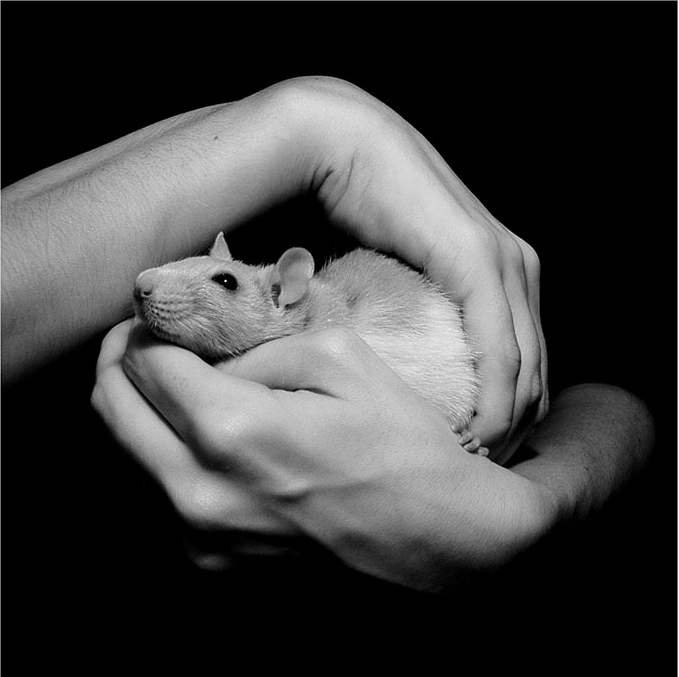Antibodies have become a cornerstone of modern research and in vitro diagnostics, generating yearly revenues close to 2 billion dollars. Most of these are produced in mice, despite some significant intrinsic limitations of mouse antibodies. Belgian spin-off company SynAbs now presents a highly interesting alternative: rat antibodies. By shifting from mouse antibodies to rat antibodies, many new advantages can be exploited to make antibody technology even better.
Ever since antibodies entered the scientific scene, they have been regarded as “magic bullets” because of their ability to selectively bind a wide variety of targets, mostly proteins. This has made them an invaluable tool in the molecular research toolbox. Protein detection, localization, inhibition, isolation, purification; all became deviously easy using our beloved antibodies. In addition to their prominence in laboratories, antibodies have also made their mark on the clinic. They are becoming increasingly popular as therapeutics for inflammatory disease, autoimmune diseases and cancer.
Mouse antibodies: maybe not
Production of these magic bullets usually occurs through hybridoma technology: antibody-producing B-cells of immunized animals are isolated and fused with cancer cells to make them immortal. This is mostly done using mice, since they are easy to house and their hybridomas are quite productive. It is currently estimated that approximately 75% of the commercially available antibodies are of mouse origin.
However, the mouse as production animal and mouse antibodies have several important disadvantages. Recognition and affinity of mouse antibodies for small molecules is limited. This makes developing antibodies against hormones, antibiotics, toxins, lipids, etc. problematic with mice. The mouse is also by far the most widely used model organism. However, antibodies against mice antigens can’t be produced in mice, since no immune reaction will be elicited by proteins which are not regarded as ‘foreign’ by the mouse immune system.
Exit mouse, enter rat
For these and additional reasons, scientists have been searching for alternatives to mouse antibodies. Rabbits are the most commonly used stand-ins for mice, although their hybridomas are relatively unstable, way more expensive to produce and poor antibody producers.
But there’s a new kid on the antibody block. Monoclonal antibody producer SynAbs mainly focusses on rat antibodies, next to the production of conventional mouse antibodies. Apparently, the rat has many advantages to offer. Their hybridomas are cheap, stable and productive, three key characteristics. Rats also respond to a broad spectrum of antigens, enabling them to produce antibodies which mice cannot. Antibodies produced by rats have higher affinity and specificity, and have a remarkable homology with human antibodies. All added up, these rat characteristics make them ideally suited to replace mouse antibodies when needed.
A unique concept: the key to more?
UCL spin-off SynAbs was created in September 2015 with the support of Walloon life science incubator WBC, UCL’s tech transfer office LTTO and the French investment group Biotech Investissement. SynAbs’ expertise in rat antibody technology is quite unique in the world and offers great potential for pharmaceutical and in vitro diagnostic companies.
“Thanks to our experienced team, we succeeded in introducing a concept unique within the domain of monoclonal antibodies, and this in a short span of time,” says SynAbs CEO Didier Argentin. “Next to our rat antibodies, we are also developing innovative R&D concepts based on antibodies which can revolutionize in vitro diagnostics.”
Image courtesey of Socar Miles
https://creativecommons.org/licenses/by/2.0/legalcode


